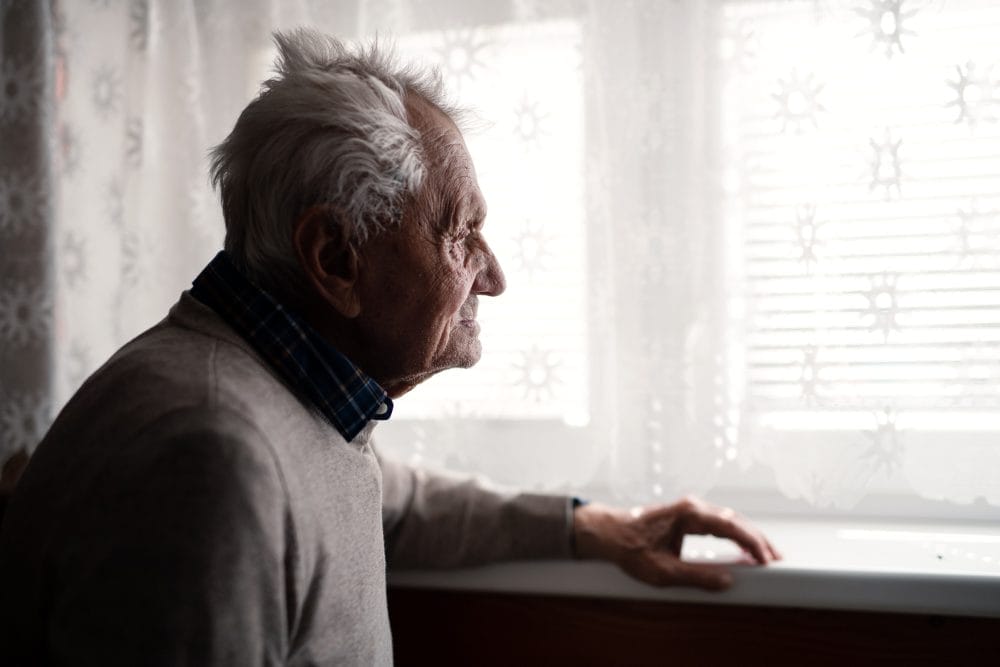Aging is often portrayed as a slow fade into irrelevance, but it’s a season of life filled with its own richness. For many elderly people, the golden years come with a heightened sense of clarity, even as physical limitations begin to appear.
Yet too often, the subtle, unspoken wishes of those growing older get lost in translation between generations. Their voices, once the center of family decisions and activity, can feel quieter now—not because they have nothing to say, but because they don’t always feel heard. Many older adults wish most that their families truly understood the world through their eyes.
They Still Want to Be Seen as Capable
Aging doesn’t mean surrendering all independence. Many elderly people can still manage their own routines, finances, and decisions—sometimes better than younger family members expect.
When their every move is second-guessed or monitored, it feels more like control than care. They appreciate help when it’s needed, but not when it’s forced on them. Respecting their autonomy is a way of affirming their dignity.
Loneliness Is a Real Struggle
One of the deepest wounds older adults carry is the ache of isolation. Even in busy households or active retirement communities, they can feel profoundly alone if emotional connection is missing. Visits that feel rushed or distracted don’t fill the void. What they truly crave are meaningful conversations and moments that remind them they’re still important. Feeling forgotten can be more painful than any physical ailment.
They Need to Feel Useful
Purpose doesn’t have an expiration date. Many elderly people long to contribute to their families and communities in ways that go beyond sitting on the sidelines. Whether it’s sharing life lessons, helping with small chores, or even offering emotional support, they still want to feel needed. When they are treated like a burden, it chips away at their self-worth. Recognizing their strengths gives them a reason to keep moving forward.
Memory Loss Doesn’t Define Them
For those dealing with dementia or general forgetfulness, it’s easy for families to focus only on what’s been lost. But underneath those gaps in memory is still the same person, full of personality, warmth, and history. They may forget names or repeat stories, but still value connection and love. Patience and gentle reminders go a long way in maintaining their sense of self. A memory may fade, but their humanity does not.
They’re Not Stuck in the Past—They Just Value It
Elderly people often speak of “the good old days,” not because they can’t move on, but because those memories are a part of who they are. Their stories are stitched together with people, moments, and lessons that shaped their identity. Honoring their past isn’t about dwelling there—it’s about appreciating the richness of experience. When families dismiss these reflections as irrelevant, they miss learning opportunities. These stories are bridges between generations.
They Worry About Being a Burden
One of the hardest emotions for older adults to express is the fear that they are causing stress or inconvenience. Many suffer silently, afraid to ask for help or admit pain because they don’t want to “be a problem.” This fear can cause them to hide important health concerns or avoid social interactions. They want to be part of the family, not the source of guilt or exhaustion. Clear, compassionate communication can ease that fear and bring them closer.
Their Bodies May Be Slowing Down, But Their Emotions Aren’t
Physical decline is often visible, such as joint pain, hearing issues, and fatigue. However, emotionally, many older adults are still deeply sensitive and self-aware. Harsh words, dismissive tones, or being ignored can wound them more than most people realize. They still crave affection, appreciation, and the warmth of human connection. Aging doesn’t harden the heart—it often makes it softer.
Technology Can Feel Alienating
In a world driven by constant digital change, elderly people often feel like they are outside looking in. The gadgets and platforms that connect families can sometimes become barriers instead. When everything from banking to birthday invitations goes online, they can feel left out or overwhelmed. What they want isn’t just help with devices—they want to feel included in the modern rhythm of life. Small efforts to involve them digitally can make a big emotional difference.
They Still Have Dreams and Goals
It’s a myth that dreaming ends with retirement. Many older adults still have plans—travel, hobbies, personal growth, or simply spending more time with loved ones. When their desires are dismissed as unrealistic or unnecessary, it can feel like being written off. Encouragement and support for their goals, no matter how small, helps them stay energized. A dream at 80 is no less valid than one at 18.
They Want to Be Remembered for More Than Their Age
No one wants to be defined solely by how many birthdays they’ve had. Elderly people are former athletes, teachers, artists, builders, lovers, fighters—whole lives lived before the gray hair and wrinkles arrived. They want to be seen for the totality of who they are, not just their current limitations. When families take time to know them beyond the surface truly, those relationships deepen in powerful ways. Age is a chapter, not the whole story.
A Call to Listen with the Heart
Elderly people aren’t asking for pity or perfection. They’re asking to be understood—fully, compassionately, and with the same depth of care they once gave others. Listening with patience, honoring their voice, and making space for their experiences are small gestures that carry enormous weight.
It’s never too late to build stronger bridges between generations. If something in this piece resonated with you, or if you have thoughts from your own experience, consider adding a comment or sharing what your loved ones have taught you.
Read More
6 States Where Elder Care Costs Are Out of Control
Is the Traditional Family Model Still Relevant in 2025?






